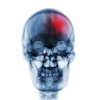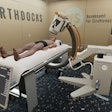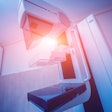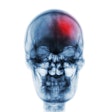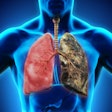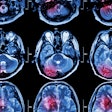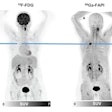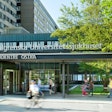Some patients carry the form of a gene that makes them more sensitive to radiation therapy, researchers from the Université Paris-Saclay in France have found. The study has been published in the journal Oncotarget.
Most patients undergoing radiation therapy experience damage to the skin around the treatment area, but some have more serious damage than others, according to study lead author Jan Baijer, PhD, from the Institute of Cellular and Molecular Radiobiology (IRCM), and colleagues. This sensitivity can lead to pain that forces patients to discontinue treatment.
A gene called TRAIL allows a cell to produce a protein; when this protein binds in large quantities with particular receptors, the cell dies. Radiation activates the TRAIL gene's protein receptors, so if a patient's cells contain high levels of this protein, when they undergo radiation therapy, skin cells die in large quantities and the patient is considered radiosensitive (Oncotarget, 16 March 2016).
Baijer's group showed that the TRAIL gene exists in three forms, with two of them leading to a high production of TRAIL proteins. Identifying patients with these forms of the gene could help doctors develop personalized radiotherapy treatment, the researchers wrote.


